Panel 1: International Criminal Law and the Law of Genocide
Özge Karsu
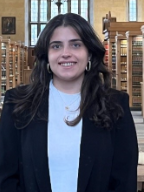
Özge Karsu is a LL.M. Student (in International and Comparative Law) at George Washington University (GWU) Law School. She is currently working as the Publications and Research Intern at the American Society of International Law (ASIL) and Research Assistant at the GWU Elliott School of International Affairs. She is also a Graduate Research Fellow at Koç University Maritime Forum (KUDENFOR). She previously pursued a M.A. in International Relations and Political Science at Koç University Graduate School of Social Sciences and Humanities. She has a B.A. in International Relations and an LL.B. from Koç University.
Temitayo Olarewaju
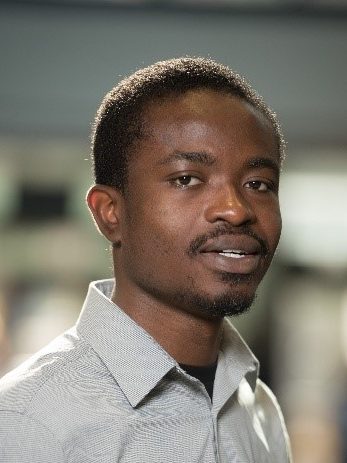
Temitayo Olarewaju is a PhD candidate at the Peter A. Allard School of Law, University of British Columbia, Canada. His research focuses on the intricate and dynamic intersections of property rights, international criminal justice, and applied ethics. He is particularly interested in examining how legal frameworks and principles can be leveraged to protect and advance the rights of marginalized and vulnerable groups, both within and beyond contexts of armed conflict and systemic inequality. Through his work, Temitayo aims to bridge theoretical perspectives with practical legal applications, contributing to the development of equitable and effective legal tools that address the pressing challenges faced by communities at the margins of society. His scholarship reflects a commitment to exploring innovative ways to harmonize ethical considerations with the demands of international law, ensuring that justice and accountability are not only ideals but tangible realities for those who need them most.
Olga Obolenets

Olga Obolenets is a Juris Doctor candidate at NYU School of Law, where she serves as a Staff Editor for the NYU Journal of International Law and Politics. She holds an M.Phil. in Political Thought and Intellectual History from the University of Cambridge and a B.A. in Political Science, magna cum laude, from the University of Chicago, with a minor in French. Olga’s academic research focuses on international law, political thought, and legal history. She has held research roles at NYU Law, and Boston University Law, and served as an editorial intern at the American Bar Foundation, contributing to projects on international institutions, transitional justice, and political trials. Olga has also presented her work at the ASIL ILASS Biennial Conference on International Law and the Social Sciences. Fluent in Russian, French, and German, she brings a global and interdisciplinary approach to her scholarship.
Falyn Dwyer

Falyn Dwyer is currently pursuing her JD at NYU School of Law. She also holds a BA in Government and French from Georgetown University, an MA in American Studies from Columbia University, and she earned her LLM from the University of Cambridge. Her interests lie at the intersection of race and gender, carceral studies, human rights, and the criminal law. She has written on the functional parallels between US slavery and US mass incarceration, the role of mass incarceration in maintaining structural inequality in the United States, and the potential for restorative justice to better address the community-centered harm caused by mass incarceration. Her work has been published in the Clare College Law Journal at the University of Cambridge and the Rice Journal of Public Policy.
Panel 2: Philosophy of Law
Giacomo Cipriani

Giacomo Cipriani graduated with a degree in Law from the Catholic University of Milan in July 2022, achieving a final grade of 110/110. His thesis explored the concept of obligation in Italian-German civil law through the lens of constitutional principles. Following his graduation, he began working as a teaching assistant for the Chair of Philosophy of Law at the Catholic University of Milan and for the Chair of Private Law at the University of Milan. Currently, he is a Ph.D. candidate at the University of Catanzaro, where he studies the concept of predictive justice from the perspective of hermeneutical philosophy.
Federica Fedorczyk

Federica Fedorczyk is a Postdoctoral Emile Noël Fellow at NYU, an Affiliate at the NYU Information Law Institute (ILI) and a Postdoctoral Research Fellow at Sant’Anna School of Advance Studies. Starting in June 2025, she will join the University of Oxford as an Early Career Research Fellow at the Institute for Ethics in AI. She graduated in Law summa cum laude from the University of Roma Tre and obtained a Ph.D. in Criminal Law summa cum laude at Sant’Anna School of Advanced Studies, with a dissertation exploring how the use AI is transforming the criminal justice system. She was Visiting Researcher at Fordham Law School and Doctoral Research Visiting Fellow at the Max Planck Institute for the Study of Crime, Security and Law, where she received a Scholarship for her research project. Her main areas of interests include the intersection between AI, democracy, and the criminal justice system, smart prisons and digital rehabilitation, gender-based crimes and gender discrimination.
Amit Singh
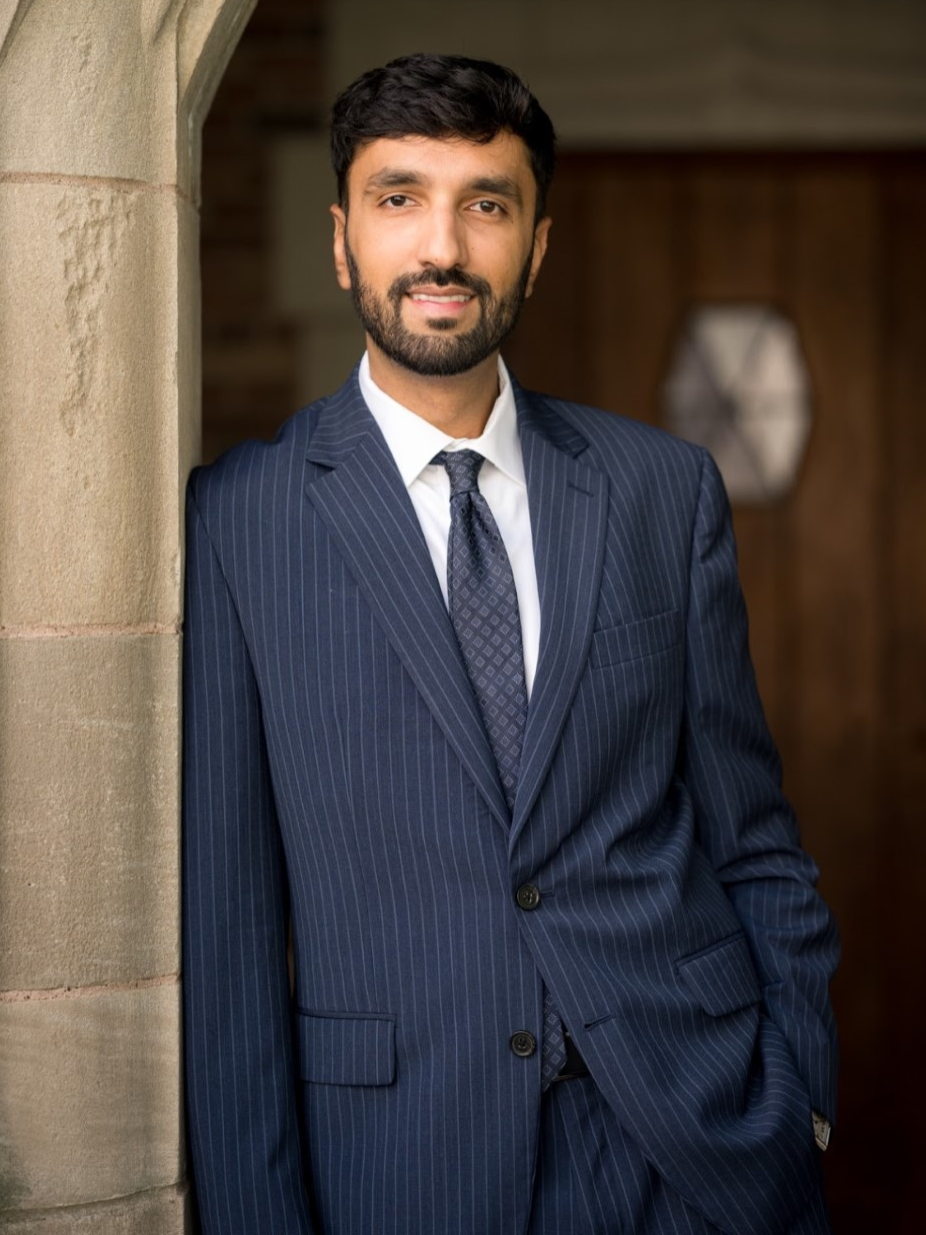
Amit Singh is pursuing his graduate studies at Yale Law School as the Canadian Bar Association’s Viscount Bennett Fellow, Justice John Jack Major Fellow, a Fulbright Scholar, and W.L. Mackenzie King Scholar. Amit works in property law, constitutional law, and legal philosophy. Amit completed his J.D., as well as undergraduate and master’s degrees in philosophy, at the University of Toronto. After graduating from law school, Amit clerked for the Hon. Justice John J.L. Hunter at the Court of Appeal for British Columbia and worked as a commercial litigation and international arbitration attorney, first at the New York City and London offices of Shearman & Sterling LLP, and then at New York City litigation boutique Holwell, Shuster & Goldberg LLP. His scholarship appears in the McGill Law Journal, Osgoode Hall Law Journal, University of British Columbia Law Review, the Canadian Journal of Law & Jurisprudence, Oxford University Commonwealth Law Journal, and other venues.
Benjamin Newman
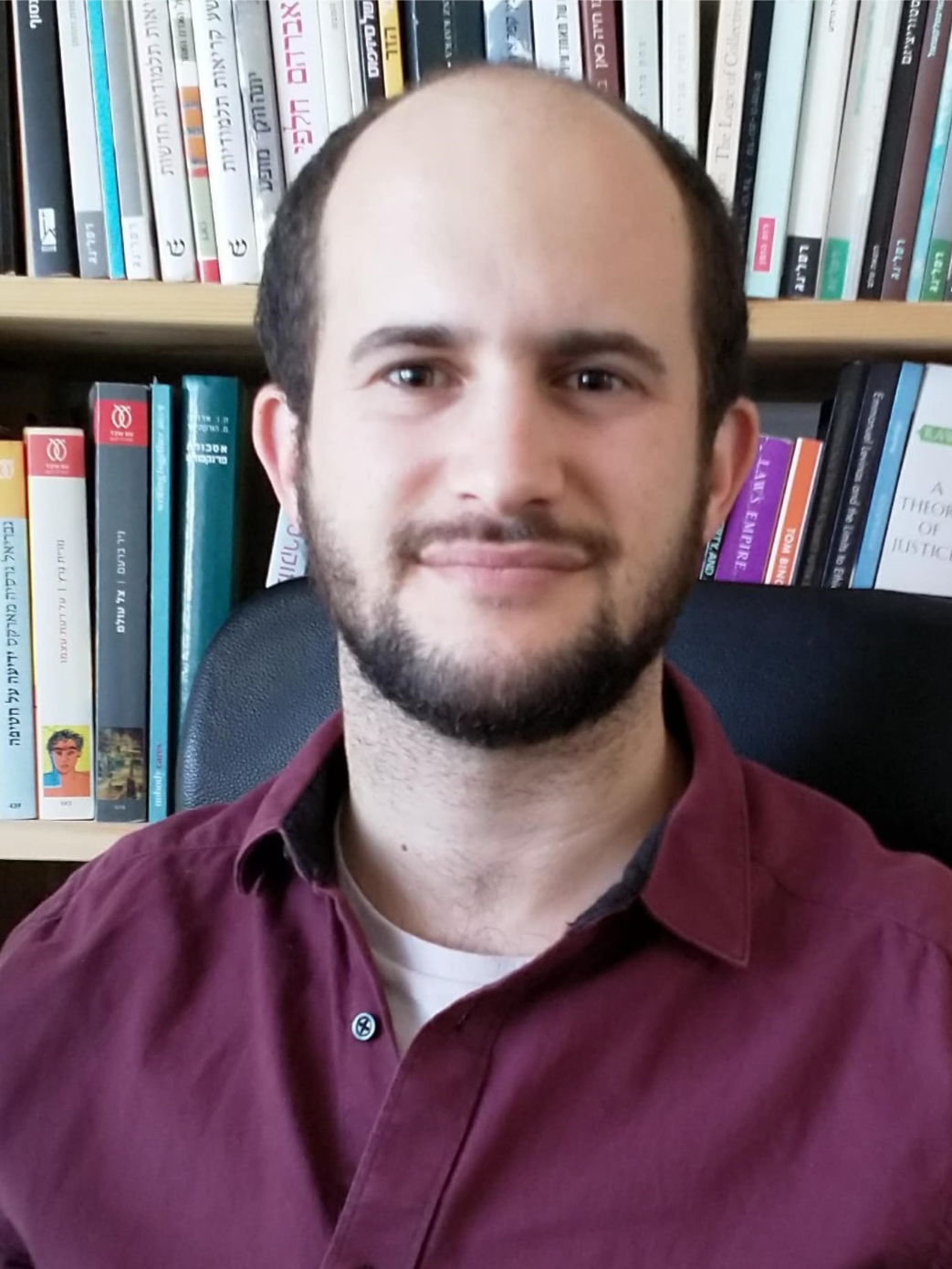
Benjamin Newman is a postdoctoral research fellow at the Hebrew University of Jerusalem and research fellow at the Minerva Center for the Rule of Law in Extreme Conditions at Haifa University. His research revolves around the intersection of law and philosophy, with a focus on criminal law and procedure. Benjamin holds an LL.B. in Law and Philosophy from the Hebrew University; an MA in Philosophy from Tel Aviv University (distinction); an LLM from the University of Cambridge; and a PhD in Law, recently obtained, from Tel Aviv University. Furthermore, Benjamin has over seven years of experience as a criminal defense lawyer, during which he represented dozens of detainees, defendants, and prisoners on behalf of the public defense. Benjamin’s doctoral research focuses on the liberal values embedded in the adversarial criminal procedure, discussing the liberal tension between liberty and autonomy as reflected in the predominant practice of plea bargaining.
Panel 3: Law of Armed Conflict (LOAC)
Samira Mathias
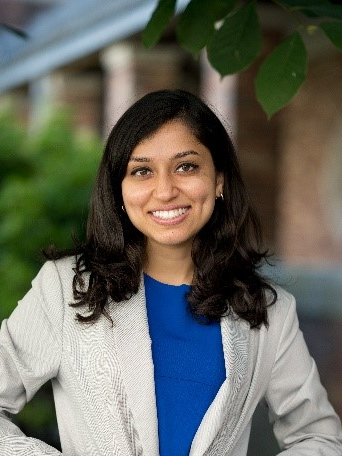
Samira Mathias is an LLM candidate at Yale Law School, focusing on topics in international law and legal philosophy. At Yale, she has served as Features Editor for the Yale Journal of International Law, and as Editor for the Yale Journal of Law & the Humanities. She graduated from the University of Oxford (BCL) in 2021, and Gujarat National Law University (BA LLB) in 2020. After graduation, she was a legal trainee at the European Center for Constitutional and Human Rights as a Bonavero Fellow, and also spent two years at Jindal Global Law School teaching undergraduate law students international law, international relations, and domestic legal subjects.
Kaan Erdoğan
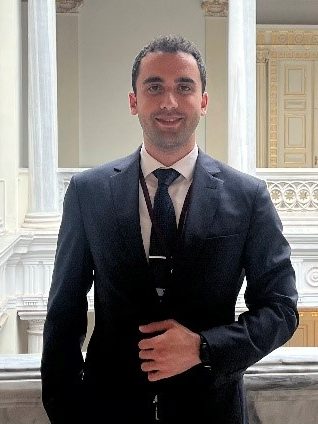
Kaan Erdoğan is a research assistant in the Department of International Law at Istanbul University’s Faculty of Law, where he is also pursuing a Ph.D. Member of the Istanbul Bar Association, he previously worked at a law firm specializing in government contracts for international companies. Kaan earned his LL.M. from Galatasaray University, and published his thesis on “Cyber Operations and Jus ad Bellum”. He co-authored a book chapter on the Russia-Ukraine War and wrote an article on U.S. presidential war powers from an international law perspective. Additionally, he has coached the Jessup Moot Court Competition team and served on the editorial board of the Annales de la Faculté de Droit d’Istanbul. Currently, he is a visiting scholar at the University of Bologna, researching for his doctoral dissertation.
Romaissa Ghenai
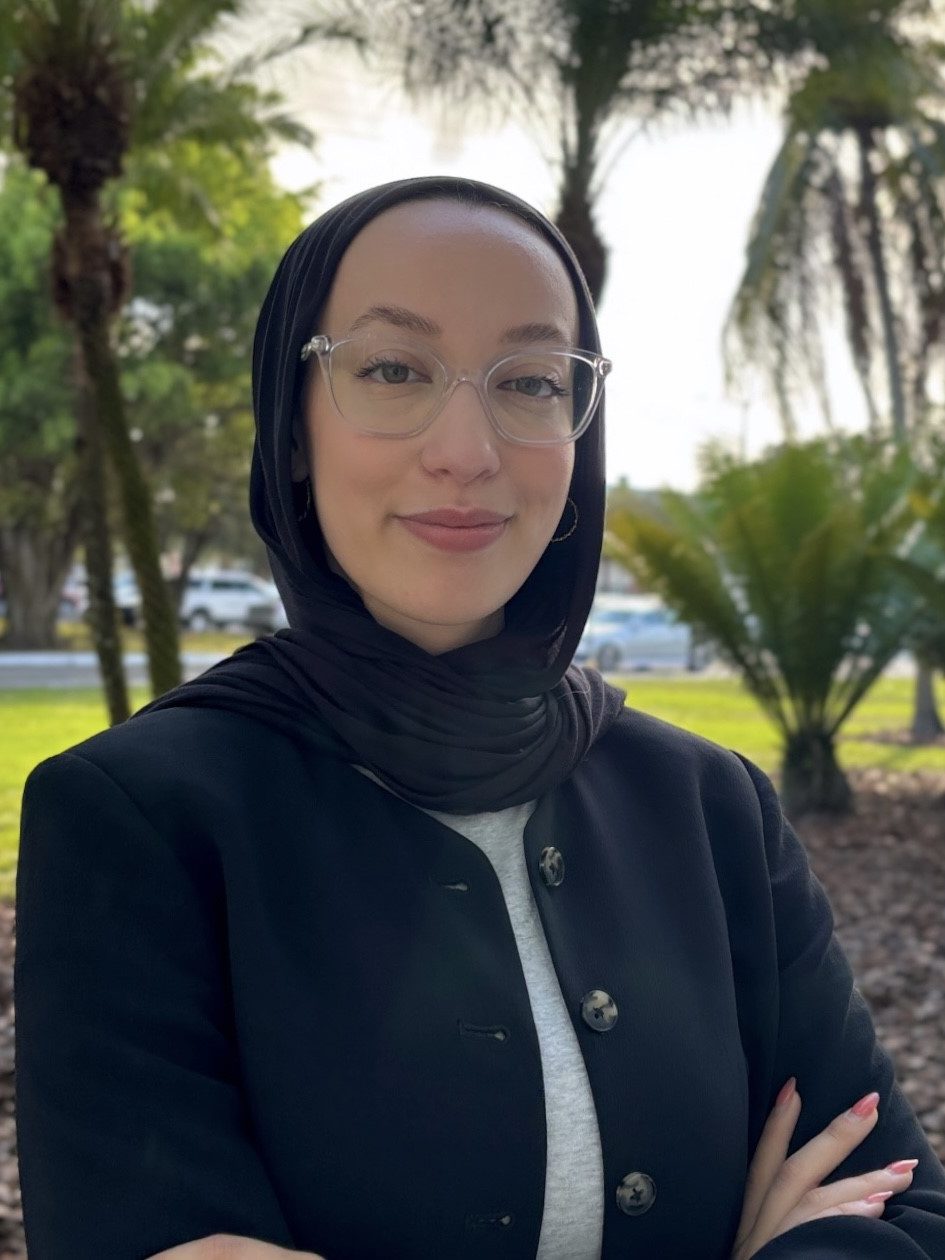
Romaissa Ghenai is a civil and human rights advocate pursuing a J.D. at St. Thomas University School of Law. She holds an LL.M. in International Law with Distinction from Middlesex University and a B.A. in International Relations from Florida International University. Her academic research explores transitional justice, international human rights law, and the law of armed conflict. Currently, as part of Ben Crump Law, she focuses on impact litigation for high-profile civil rights cases, addressing racial injustice, systemic discrimination, and accountability. Inspired by her firsthand experiences with victims of state violence and marginalized communities, she is dedicated to creating systemic change through advocacy and strategic litigation. Fluent in Spanish and Arabic, Romaissa is able to advocate effectively for diverse communities. She is driven by the belief that legal reform comes not from criticizing the system, but from actively engaging with it.
Romaissa Ghenai
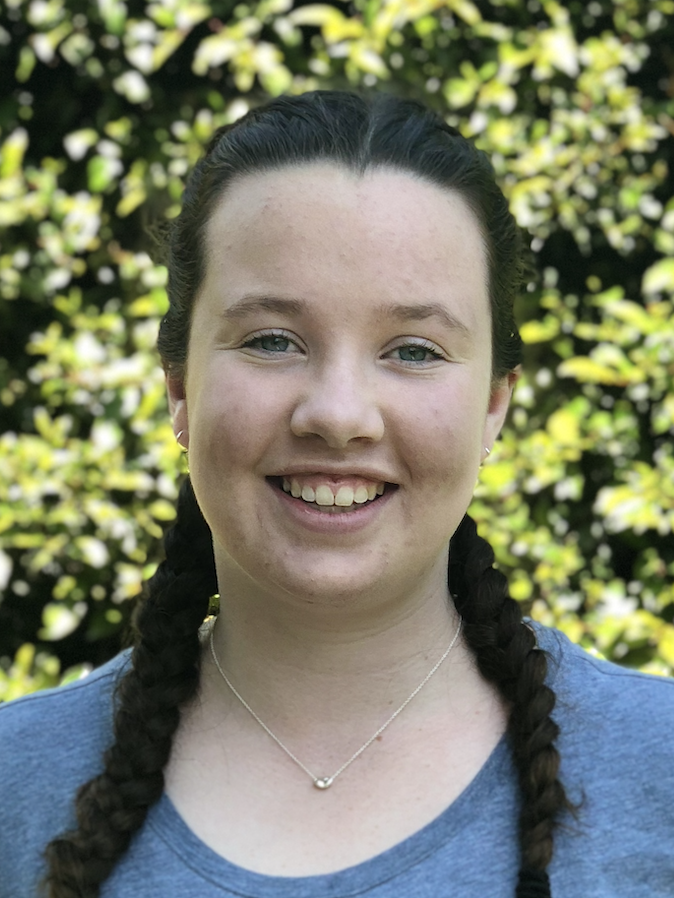
Jacqueline Stark is an Australian-qualified lawyer and LL.M. candidate in the International Legal Studies specialization at New York University. Her primary research interests lie in the fields of international humanitarian law, international human rights law and transitional justice, particularly their role in protecting and promoting the rights of those with diverse sexual orientations, gender identities, gender expressions and sex characteristics. Jacqueline currently works as a Human Rights Scholar in the Center for Human Rights and Global Justice’s Prevention Project. She also serves as a Graduate Editor for the NYU Journal of International Law and Politics. Prior to commencing her graduate studies at NYU, she worked as a solicitor, assisting Indigenous victims of sexual, domestic and family violence. She also holds an LL.B. (First Class Honors) and a B.A. (International Relations) from Macquarie University.
Panel 4: International Environmental Law (IEL)
Sharaban Tahura Zaman
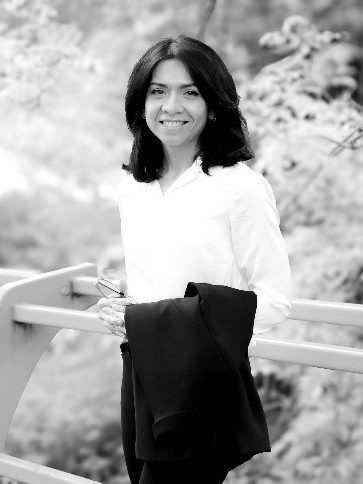
Sharaban Tahura Zaman is a climate law and policy expert with 14 years of experience spanning grassroots advocacy, national policymaking, regional governance, and international lawmaking. As a former State Delegate and UN Climate Negotiator for Bangladesh and Gambia, she shaped global climate policy, negotiating compliance and mitigation for Least Developed Countries (LDCs). Her expertise includes treaty interpretation, energy transition law, and climate agreement implementation. Her research on climate governance, carbon markets, and just energy transitions integrates law and policy to advance equity-driven solutions. She has collaborated with IIED, CISDL, and RWI and published extensively on decarbonization and climate law and has taught in Bangladesh and the U.S. and is currently a Graduate Student Instructor at UC Berkley.
Ziyi Wang

Ziyi Wang is a candidate pursuing a PhD in Economics and a Juris Doctor (JD) degree at Cornell University. She earned her Bachelor of Science in Foreign Service from the School of Foreign Service at Georgetown University in Washington, D.C. Her research interests encompass Economic Development, Industrial Organization, Innovation, Platform Economics, and Empirical Legal Studies. Ziyi serves as a Research Associate at the UN75 Global Governance Forum and is a member of the Legal Research Evaluations Working Group at Unjournal. She hails from Beijing, China.
Ayman Irfan
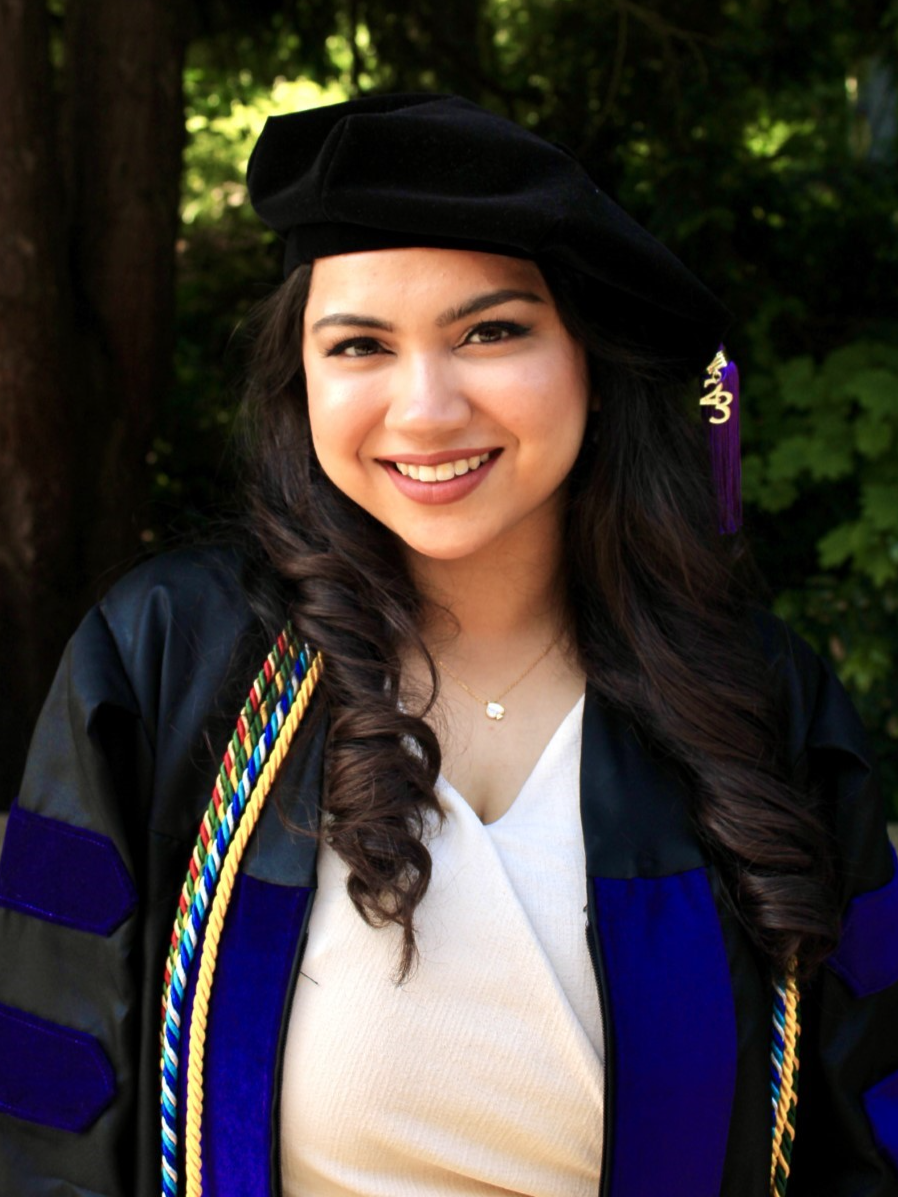
Ayman Irfan is pursuing her SJD in Environmental Law at Elisabeth Haub School of Law at Pace University, where her research explores the intersection of bioacoustics and international water law to assess the impact of underwater noise on cetaceans. She completed an LLM in Environmental Law, Energy, and Natural Resources at Lewis & Clark Law School, becoming one of Pakistan’s first female environmental lawyers. She has published work in the American Bar Association on forest law in Pakistan, served as a research consultant for the UNODC on environmental crimes, and was the Climate Innovation and Resilience Fellow at Strategic Energy Innovations. An avid hiker, rower and swimmer she enjoys being outdoors, which first drew her to environmental law. Passionate about marine conservation, she seeks to advance legal protections for whales and international waters, focusing on private governance and sustainable conservation strategies.
Luca Cerea
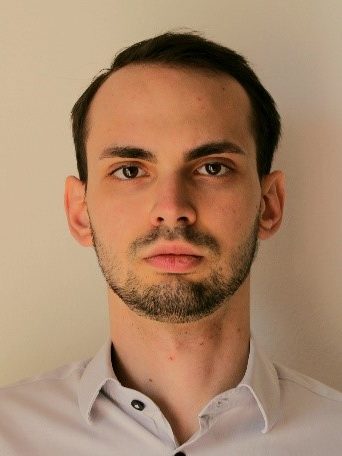
Luca Cerea is an LL.M. student at Fordham University School of Law and is also pursuing a master’s degree in economics and international policies


 icon and select "Add to Home Screen."
icon and select "Add to Home Screen."